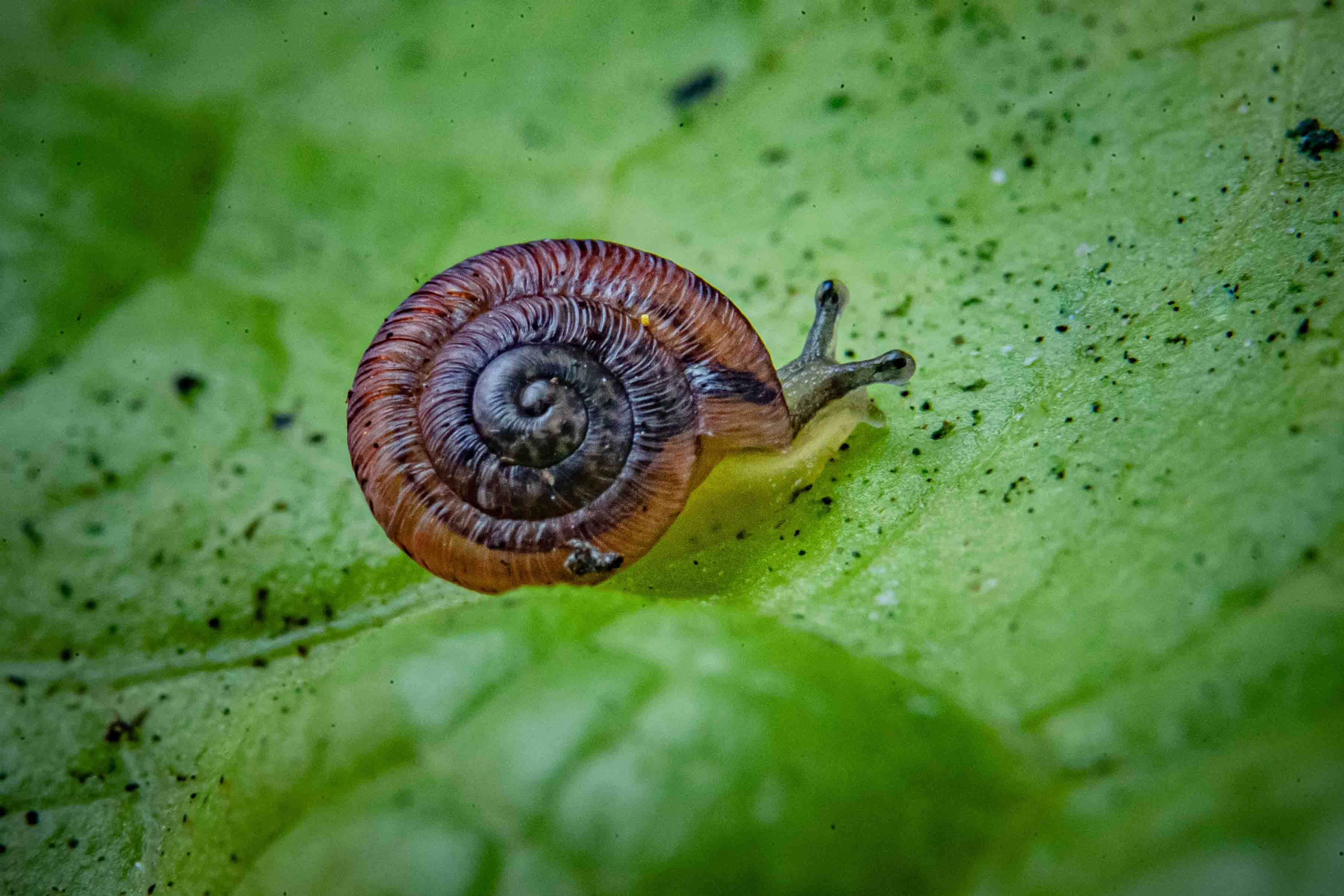Tiny snail not seen for more than a century saved from extinction
The pea-sized snail was believed to have gone extinct after no sightings were recorded for more than a century

Your support helps us to tell the story
From reproductive rights to climate change to Big Tech, The Independent is on the ground when the story is developing. Whether it's investigating the financials of Elon Musk's pro-Trump PAC or producing our latest documentary, 'The A Word', which shines a light on the American women fighting for reproductive rights, we know how important it is to parse out the facts from the messaging.
At such a critical moment in US history, we need reporters on the ground. Your donation allows us to keep sending journalists to speak to both sides of the story.
The Independent is trusted by Americans across the entire political spectrum. And unlike many other quality news outlets, we choose not to lock Americans out of our reporting and analysis with paywalls. We believe quality journalism should be available to everyone, paid for by those who can afford it.
Your support makes all the difference.A snail may have been saved from the “edge of extinction” after more than 1,300 born in a world-first breeding programme from the UK were released into the wild.
The pea-sized Desertas Island land snail was once believed to have gone extinct after no sightings were recorded for more than a century, but conservationists from the UK and Madeira now hope to repopulate their North Atlantic home.
After two species of the snail were rediscovered on the rocky island of Desertas Granda in the Madeira archipelago, 60 out of less than 200 individuals were sent to Chester Zoo – where experts set about creating the right conditions for them to breed.
After several months, their efforts were a success and both species were successfully bred for the first time ever in human care.
Armed with the perfect breeding conditions devised by Chester Zoo’s experts, more snails were then sent to the Bristol Zoological Society and Beauval Nature in France to further increase their population.
Now 1,329 snails bred through the programme have been sent to Bugio Island – where invasive species such as goats, mice and rats, which almost hunted them to extinction, have been removed.
The snails reintroduced to the island have been given markings in infra-red paint so they can be identified and monitored.
“When the snails first arrived in Chester the very future of the species was in our hands,” said Dr Gerardo Garcia, Chester Zoo’s head of ectotherms.
“As a zoo conservation community, we knew nothing about them.
“They’d never been in human care before and we had to start from a blank piece of paper and try to figure out what makes them tick: how to care for them, how to create an environment in which they could flourish, and how to encourage them to breed.
“These snails really were on the edge of extinction and the fact that we’ve now been able to give them a chance of making a comeback is testament to the efforts of many people: including our highly dedicated and skilled zookeepers who have spent countless hours caring for every individual snail.”
Chester Zoo invertebrate expert Heather Prince said it took the team a few months to “crack the breeding” of the snails.
“Crucially, we were then successful in breeding multiple generations,” she said.
“This was key because it meant we could then bring in the support of other zoos and establish a network, breeding them in the substantial numbers needed to have a chance of saving the species.”
Dinarte Teixeira, biologist and project manager at the Instituto das Florestas e Conservacao da Natureza, which discovered the animals, said: “These snails are incredibly precious.
“The Desertas islands are the only place in the world where they can be found and so we’re striving to do everything we can to give them the best possible chance for the future.
“For 100 years we thought they’d gone forever, but now there’s new hope.”